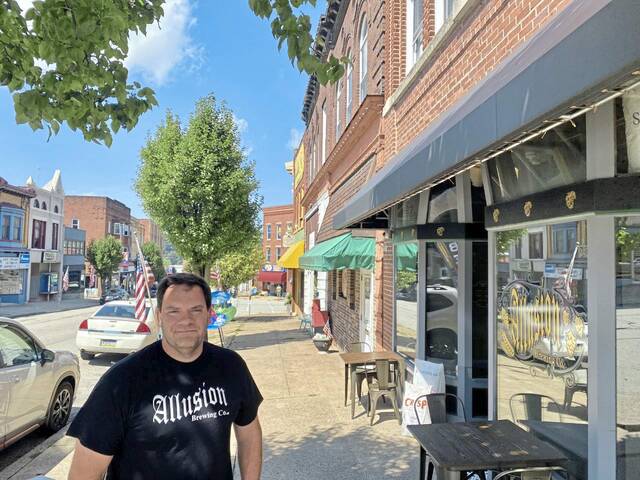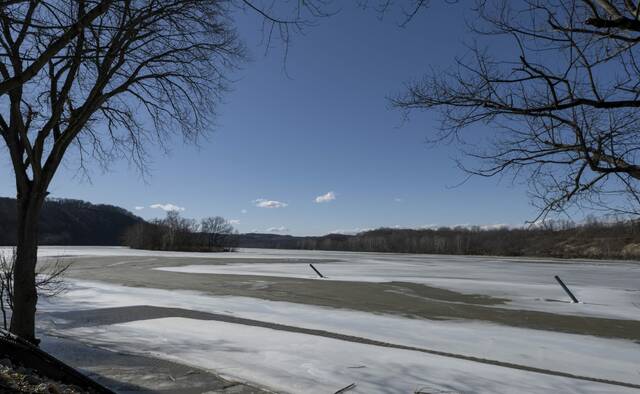The Pittsburgh region’s economy continued to show signs of a slow recovery, adding 9,300 jobs in June, most of which were in the leisure and hospitality sector.
“We are scuffling along, jobs wise. There’s still some of the labor force that’s deciding not to go back to work,” said Frank Gamrat, executive director of the Allegheny Institute for Public Policy, a Castle Shannon-based think tank.
The 1.16 million jobs in June in Allegheny, Armstrong, Beaver, Butler, Fayette, Washington and Westmoreland counties, is about 61,000 more jobs than in June 2020, when pandemic-restricted restrictions were still in place. But, compared to the pre-pandemic economy of 2019, there are about 69,000 fewer jobs, according to data released Tuesday by the state’s Center for Workforce Information and Analysis.
The slight decline in the unemployment rate for the Pittsburgh region, a 0.1 of a percentage point decline to 6.3% in June, was not a lot better than people might have expected, said Resa Kumawaza, a labor economist at Duquesne University. But, the June jobless rate is almost one-half of the 12.4% unemployment rate of June 2021, based on seasonal hiring factors.
To James Futrell, vice president of market research for the Pittsburgh-based Allegheny Conference on Community Development, the most recent jobs reports show the region is on the road to recovery from the pandemic.
“There’s an upward trend in most major (employment) sectors,” Futrell said.
About 1,300 people entered the labor force in the the region — Allegheny, Armstrong, Beaver, Butler, Fayette, Washington and Westmoreland counties — raising the level to 1.16 million, but that remains below pre-pandemic levels. There were 26,500 fewer people in the labor force — those working or looking for work — in June than a year ago and 47,000 fewer than the pre-covid month of June 2019.
While the labor force grew slightly, businesses throughout the region continue to display help wanted signs and have, in some cases, reduced the number of hours they are open.
The leisure and hospitality industry, hard hit by the pandemic-related restrictions on operating hours and seating capacity, added 5,300 jobs to reach 104,600, the highest level this year. That remains 22,000 fewer jobs than two years ago.








